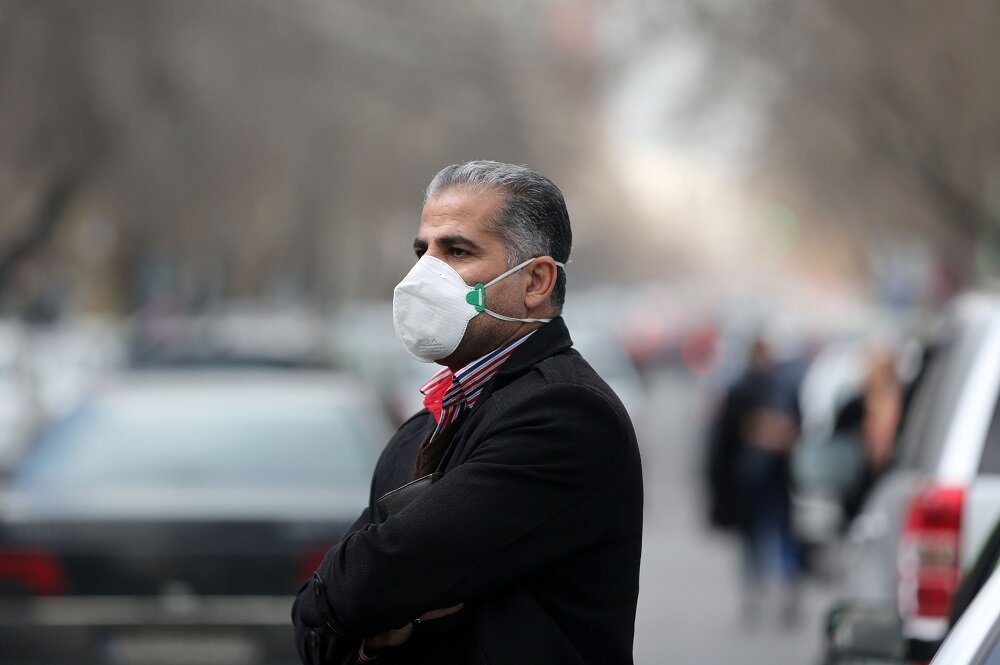WHO supports Iran in fight against influenza

TEHRAN – The World Health Organization (WHO) has provided the necessary equipment to help the national influenza center respond to influenza, IRNA reported on Friday.
Involved in providing emergency support to counter COVID-19 in Iran, WHO continues to strengthen its support for the national influenza program.
The cargo includes laboratory equipment for influenza test and virus isolation from the National Influenza Center of Iran, which was sent to the center to prepare for the winter when flu strikes.
The center operates as a key institution for communication between the World Health Organization and Iran on issues related to the epidemiological aspects of influenza and its spread. It is equipped with molecular and cellular biological technologies for virus isolation, genomic sequencing, and simulation.
The isolated viruses are then sent to the WHO Global Influenza Surveillance and Response System (GISRS) to be used to produce the influenza vaccine after approval.
In 1969, the national influenza center of Iran joined the GISRS. In 2005, after an outbreak of bird flu in some countries, health authorities in Iran focused more seriously on the medical and economic impact of influenza and expanded the laboratory as part of the Virology Department of the School of Public Health, Tehran University of Medical Sciences. WHO evaluates the performance and quality of the laboratory through the annual accreditation program.
Iranian researchers published an essay by the British Medical Journal, warning the dangers of co-infection of Covid-19 and influenza A “Covi-Flu” to the global economy and sustainable development.
In a few months, when the flu hits, many nations face co-infection of COVID-19 and influenza A “Covi-Flu”, having to deal with the impact of seasonal influenza at the same time as the consequences of the COVID-19 crisis.
Strengthening communities with surveillance systems built into primary health care; providing extra financial resources; expanding insurance coverage; increasing public awareness; ensuring sufficient medicines, diagnostics and equipment are available, and recruiting more healthcare staff are the essential steps towards universal health coverage needed in many countries over the next few months to prepare for Covi-Flu.
Most importantly better governmental stewardship for creating strong and resilient health systems is required, a whole-of-government approach that must target all social determinants of health, and emergency investment in healthcare research and innovation.
FB/MG
Leave a Comment